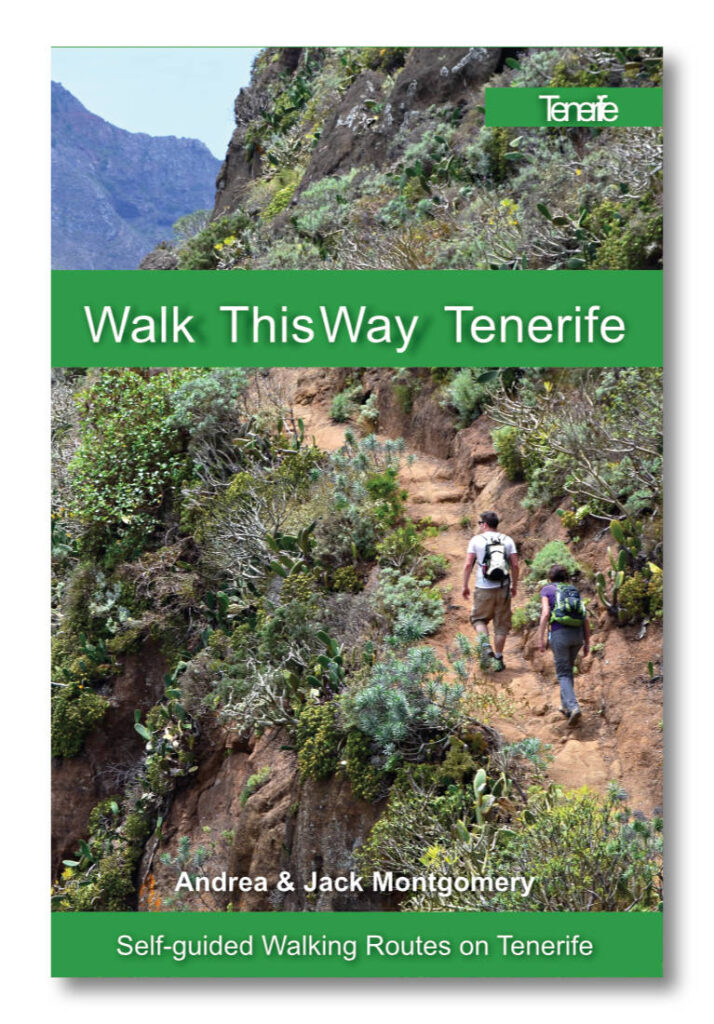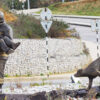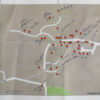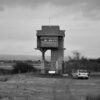If you hear someone being racist, you say something. That’s a no brainer.
Same if it’s someone being xenophobic, or homophobic.
But what do you do if the incident happened thirty of forty years ago?
I have a problem with people who judge the past from the enlightened position of being in the future. Some can be unbelievably self-righteous, cancelling some individuals thanks to something they said or did in a different time. We can all be enlightened thanks to the benefit of hindsight.

Sights like this are common at Carnival on Tenerife, and people don’t think twice about it, as once was the case in Britain.
How would those oh-so-perfect people have behaved if they had been there at the time, in the 1970s or 1980s, when the culture was different, where the people around them spoke differently, where things we would never dream of saying or doing today were commonplace? Would they be so enlightened then?
Sociology gives us the probable answer.
People’s life experiences tend to help determine who they are at any particular time. In 1970s Britain, those life influences may have included TV shows like the Black & White Minstrels, Love the Neighbour, and It Ain’t Half Hot Mum. Who was savvy enough then to stand up and say, ‘hey, wait a minute. This is all a bit dodgy, isn’t it?’
I was there and I certainly don’t remember many doing it, myself included.
I’m not going to beat myself up about that. Things that were the norm then are unacceptable now. I can name countries which are still at the stage where blacking up doesn’t result in trial without jury on social media, it doesn’t even provoke the batting of an eyelid. That’s not condoning it, that’s just understanding other cultures may be at different stages of their development. I cringed when I saw one friend on social media lecturing someone in North Africa about the use of plastic bottles for drinking water. That’s the epitome of privilege for me. I take issue with those who ‘have’ lecturing those who ‘have not’, even if it is well intentioned.

Is it right that someone where access to water is no problem, lectures somebody where it isn’t about the use of plastic?
As I’ve grown, I’ve evolved with times that have changed for the better, mostly.
I don’t subscribe to the view you punish the past from the future, something I see regularly on the blessing and curse that is called social media. Part of me looks forward to the day the children of some of today’s self-righteous keyboard warriors find themselves taken to task for their behaviour. Because, whoever you are, it will come. That’s the way it works, as people would know if they spent any time researching the past instead of just judging it.
‘You were actually involved in online witch hunts thanks to the flimsiest of evidence? How could you behave in such an inhumane fashion?’
Surely, time is better time spent making the world now a better, more fair, place to live in. Unless anyone can rustle up a time machine in their basement, the past is the past. Nothing is going to change it.
Over the last couple of days, I’ve been listening to radio broadcasts relating to the removal of some Philip Larking and Wilfred Owen from a school GCSE course.
Axing poets, writers, filmmakers because their views/writing is offensive to modern day sensibilities is problematic. It is a form of censorship, of erasing the past, which sails dangerously close to book burning. Art in its many forms often acts as an insightful path into the past. Reading books with outdated attitudes doesn’t make me want to replicate those attitudes, they merely help educate about life in different times; the good, the bad, and the ugliness of it all.
We learn from the past, which is why it’s a bad idea to sweep it under the carpet. Plus, Owen and Larkin created some powerful stuff.
On Friday, I travelled back in time while visiting a member of the family in another part of Devon. Whilst sitting enjoying a warm summer day in a glade near River Taw, I witnessed a sight which took me right back to the 1960s. Two small boys were inside a car while their father, a mechanic, worked off screen. The boys were initially well-behaved, but the longer they were left, the more fidgety and bored they became until it culminated with one, the younger of the boys, pressing the central locking to trap the older boy inside on the back seat. For some reason, despite sitting happily with the doors shut for about an hour, the older boy panicked, started screaming, and a fight ensued. Hearing the commotion, the father returned, yanked open the door of the car, dragged the younger boy into the back, and whacked the hell out of him, not in a way he was likely to damage him physically, but an old-school spanking.
Screams of ‘no Daddy, please, no. Don’t. You’re hurting me,’ unlocked a raft of memories. Both of similar pleas coming out of my own mouth as I was dragged up a close to be skelped across the legs with reins, and of other children who’d misbehaved in some way.
It was a common cry along the street where I grew up. But in 2022 it was shocking to witness.
So, what do you do?
Interject, or keep your nose out of a family’s personal business?
For me, having grown up where what I witnessed beside the Taw was an everyday experience, the question I posed at the start was a far easier one to answer.













